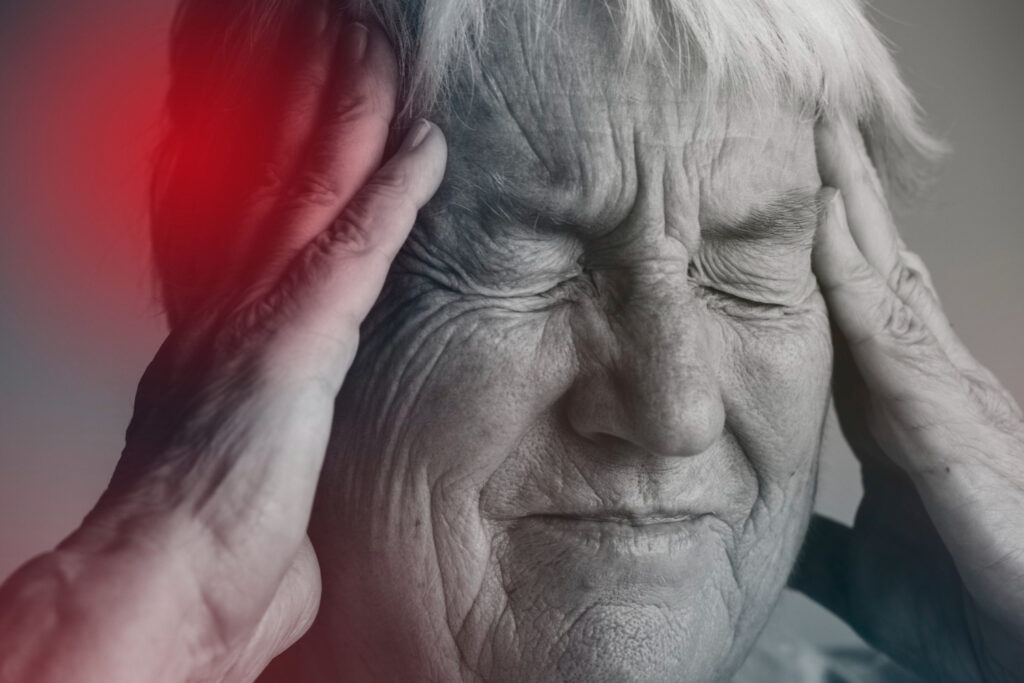When you think of car accident injuries, you might picture broken bones, cuts, or bruises. But one of the most serious—and often overlooked—injuries is a traumatic brain injury (TBI).
These injuries can occur even in seemingly minor collisions and may go undiagnosed for weeks, even months.
Unfortunately, not having a diagnosis doesn’t mean you’re not injured. If you’re experiencing cognitive issues, mood swings, or unexplained fatigue after a crash, you may be suffering from a brain injury that was never detected. This presents a medical challenge—and a legal one. Here’s what you need to know about why these injuries are so frequently missed and how to protect your legal rights.
Why Brain Injuries are Often Overlooked After a Crash
There are several reasons brain injuries can go undiagnosed:
- Delayed symptoms: Unlike physical injuries, the effects of a brain injury may not appear immediately. Symptoms like confusion, headaches, or dizziness may develop over time.
- Focus on visible injuries: Emergency responders and ER staff often prioritize life-threatening or visible injuries. If you can walk and talk, your brain function might not be fully assessed.
- Imaging limitations: CT scans and MRIs are useful, but they can miss concussions or subtle TBIs. Some damage may not show up on imaging at all.
- Misdiagnosis: Symptoms such as fatigue, irritability, or sleep issues can easily be mistaken for emotional trauma or stress, especially in the aftermath of a crash.
This combination of factors means many accident victims go home thinking they’re fine—until symptoms worsen and impact daily life.
Common Signs of a Hidden Brain Injury
If you’ve been in a car crash, be on the lookout for these often-overlooked symptoms of a brain injury:
- Trouble remembering simple things, such as appointments or names
- Difficulty concentrating or following conversations
- Sensitivity to bright lights or loud noises
- Unusual mood swings, irritability, or depression
- Nausea, dizziness, or balance problems
- Feeling “foggy” or disoriented
These symptoms may not seem serious at first but can become debilitating over time. Keeping a journal of how you feel after the accident can help you and your doctor spot patterns or worsening signs.
How Delayed Diagnosis Can Impact Your Legal Case
Insurance companies often challenge claims that don’t include immediate medical records. A delayed diagnosis may give them the opportunity to argue that your symptoms stem from something other than the accident. This puts the burden on you to prove the connection between the crash and your injury.
Without prompt documentation:
- Your injury may be considered pre-existing or unrelated
- You may lose credibility in the eyes of adjusters or jurors
- The compensation you receive could be significantly reduced or denied
But a delay doesn’t mean your case is lost. It simply means you need to work harder—and smarter—to present solid evidence.
What to Do If You Suspect a Missed Brain Injury
If you’re only now connecting your symptoms to a previous accident, here are four key steps to take:
- See a specialist. Visit a neurologist, neuropsychologist, or concussion clinic for a full evaluation. They’re more likely to catch what ER doctors may have missed.
- Gather your records. Collect every piece of documentation: ER visits, follow-up appointments, prescriptions, therapy notes, and your accident report.
- Start a symptom journal. Write down when symptoms appear, what triggers them, and how they affect your day-to-day activities. This creates a paper trail linking your current condition to the accident.
- Speak with a personal injury attorney. A skilled lawyer can help you gather medical opinions, expert testimony, and supporting documentation to build a strong case.
Taking these steps sooner rather than later strengthens your chances of receiving compensation for medical expenses, lost wages, and pain and suffering.
Building a Strong Case for Compensation
To win a personal injury claim for an undiagnosed brain injury, your case must show not only that the accident occurred but also that it directly caused your symptoms. That means working with:
- Expert witnesses: Neurologists and neuropsychologists can testify to the injury’s impact and its likely cause.
- Neurocognitive testing: Standardized assessments can identify deficits in memory, attention, and processing speed.
- Medical imaging records: While not always conclusive, imaging can still provide evidence of trauma or inflammation.
- Functional impact documentation: Testimonies from family members, employers, or therapists can demonstrate how your life has changed since the accident.
Your attorney can help you compile these materials and present them in a compelling, easy-to-understand way for insurance companies or juries.
Let Davis Legal Help You Get the Answers You Deserve
Brain injuries may not always be visible, but their effects are real and often long-lasting. If your symptoms were initially overlooked or disregarded, please do not assume your legal case is without hope. What matters is taking action now to protect your rights, get a proper diagnosis, and document the journey from injury to recovery.
You don’t have to go through it alone.
If you or a loved one is experiencing unexplained symptoms after a car crash, don’t wait.
Davis Legal has helped dozens uncover hidden injuries, connect the dots, and fight for the compensation they rightfully deserve.
Schedule a consultation today. Let us help you turn uncertainty into clarity—and make sure your injury gets the attention (and support) it truly needs.


